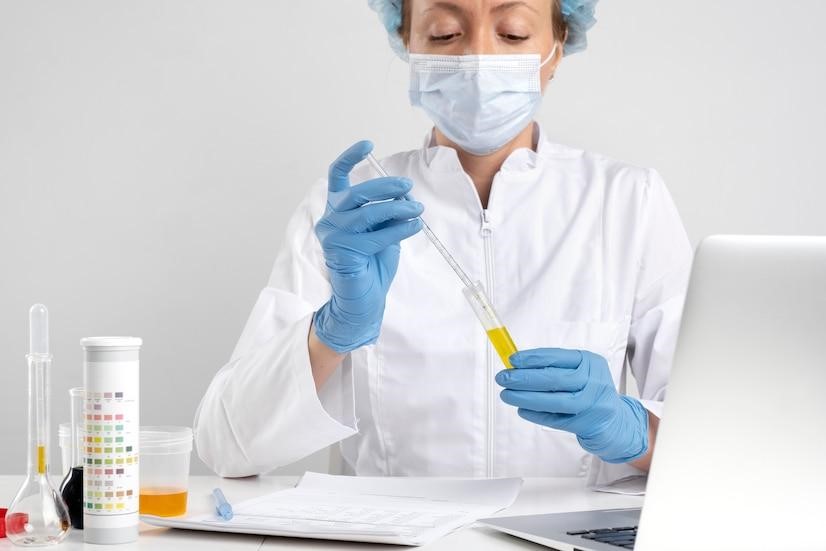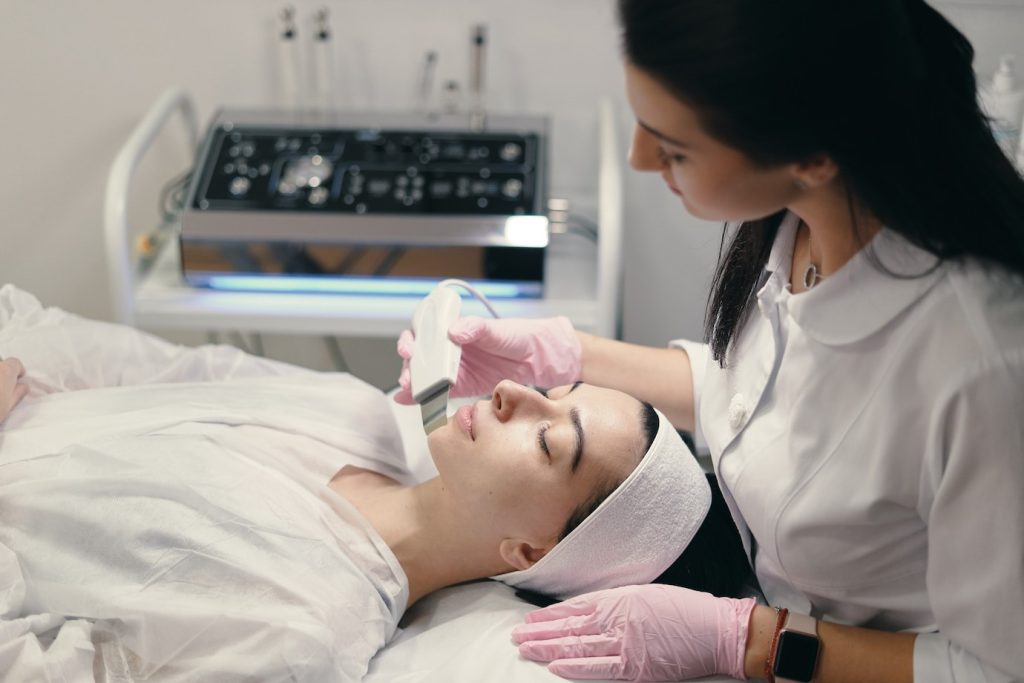Holistic Healing: Understanding The Mechanisms Of Peptide Therapy

Exploring holistic healing and peptide therapy: Peptides, small amino acid chains, mimic natural functions, targeting receptors to regulate physiology and boost healing, immune response, and vitality. Understand their mechanisms for personalized health benefits, from enhancing growth factors to managing inflammation. Peptide therapy offers tailored solutions for athletic performance, recovery, and overall well-being.
What Is Peptide Therapy?
Personalized diet plans are essential for weight loss and managing health conditions like diabetes, heart disease, digestive issues, and autoimmune disorders. Crafted by nutrition experts and weight loss doctors, these plans consider specific dietary restrictions, guidelines, and nutrient deficiencies for each condition. For instance, a diabetes plan may focus on carbohydrate control and blood sugar management, while one for heart disease may emphasize heart-healthy fats and cholesterol control. Collaborating with healthcare professionals or registered dietitians specializing in the respective condition is crucial to developing these personalized plans.
How Does Peptide Therapy Work?
Peptide therapy uses synthetic peptides to interact with specific receptors on cell surfaces. These interactions trigger various biological processes. Peptides can activate or inhibit signaling pathways, leading to physiological responses.
One key mechanism activates growth factors like insulin-like growth factor (IGF-1) and fibroblast growth factor (FGF). These factors are crucial for tissue repair and regeneration, promoting new blood vessels, collagen synthesis, and cell proliferation. This accelerates healing and tissue recovery.
Peptide therapy also modulates inflammation by regulating the production of pro-inflammatory and anti-inflammatory cytokines. This helps restore immune system balance, reducing chronic inflammation associated with autoimmune disorders and cardiovascular diseases. Overall, peptide therapy improves health and well-being by addressing inflammation.
Benefits Of Peptide Therapy
Peptide therapy offers numerous benefits for those embracing a holistic approach to well-being:
- Enhanced Healing: Peptides facilitate tissue repair and regeneration, aiding in injury recovery and surgical healing by accelerating growth factor production and collagen synthesis.
- Improved Immune Function: Peptides regulate immune response and enhance immune cell activity, which are valuable for preventing and treating infections and immune-related disorders.
- Increased Vitality and Energy: Peptides elevate energy and vitality by optimizing physiological functions. They enhance mitochondrial function, boosting energy production for improved physical performance.
- Anti-aging Effects: Peptides exhibit



